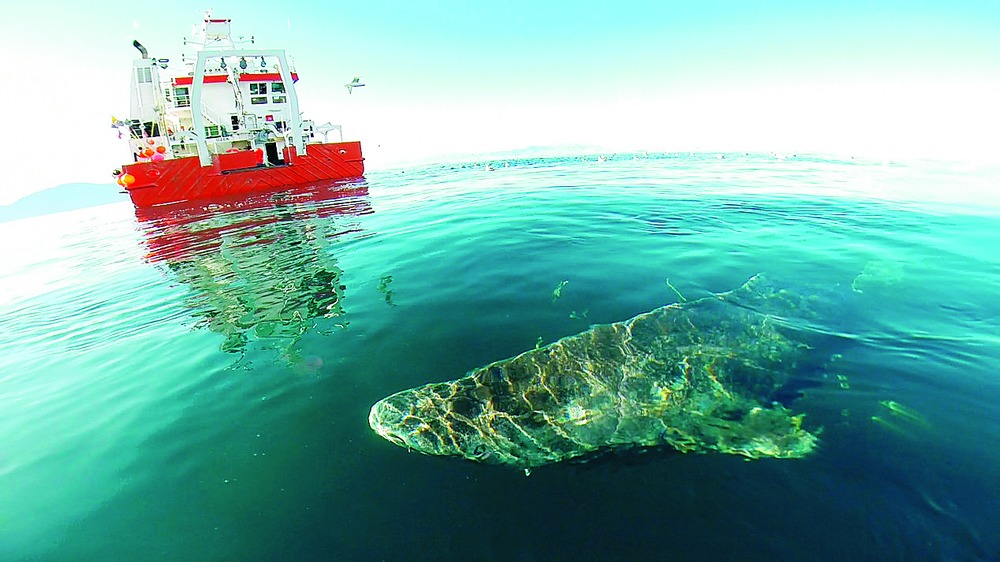
Scientists have bestowed the title of the longest-living vertebrate to the Greenland shark (in pictures), an iconic species of the Northern Atlantic ocean that grows up to five metres in length and appears to have a lifespan of at least 272 years.
The scientists have found that eye lens nuclei of only the smallest of Greenland sharks — less than 2.2 metres in length — had chemical signatures left behind by hydrogen bombs tested in the Pacific ocean during the 1960s and that serve as a “time-marker”.
Julius Nielsen, a research scholar at the University of Copenhagen, and his colleagues examined 28 female Greenland sharks and discovered through radiocarbon dating techniques their two largest sharks to be 335 years and 392 years old with lengths of 4.93 metres and 5.02 metres.

In a report published in US journal Science on Friday, the scientists say their results show the Greenland shark is the longest-living vertebrate, surpassing the bowhead whale whose estimated longevity is about 211 years.
Their study also suggests that the Greenland sharks’ age of sexual maturity is about 156 years. Only the ocean quahog, a type of edible clam, which has an estimated lifespan of 507 years has a longer life-expectancy than the Greenland shark, the scientists said.
Report by our correspondent, picture Credit: Julius Nielsen










